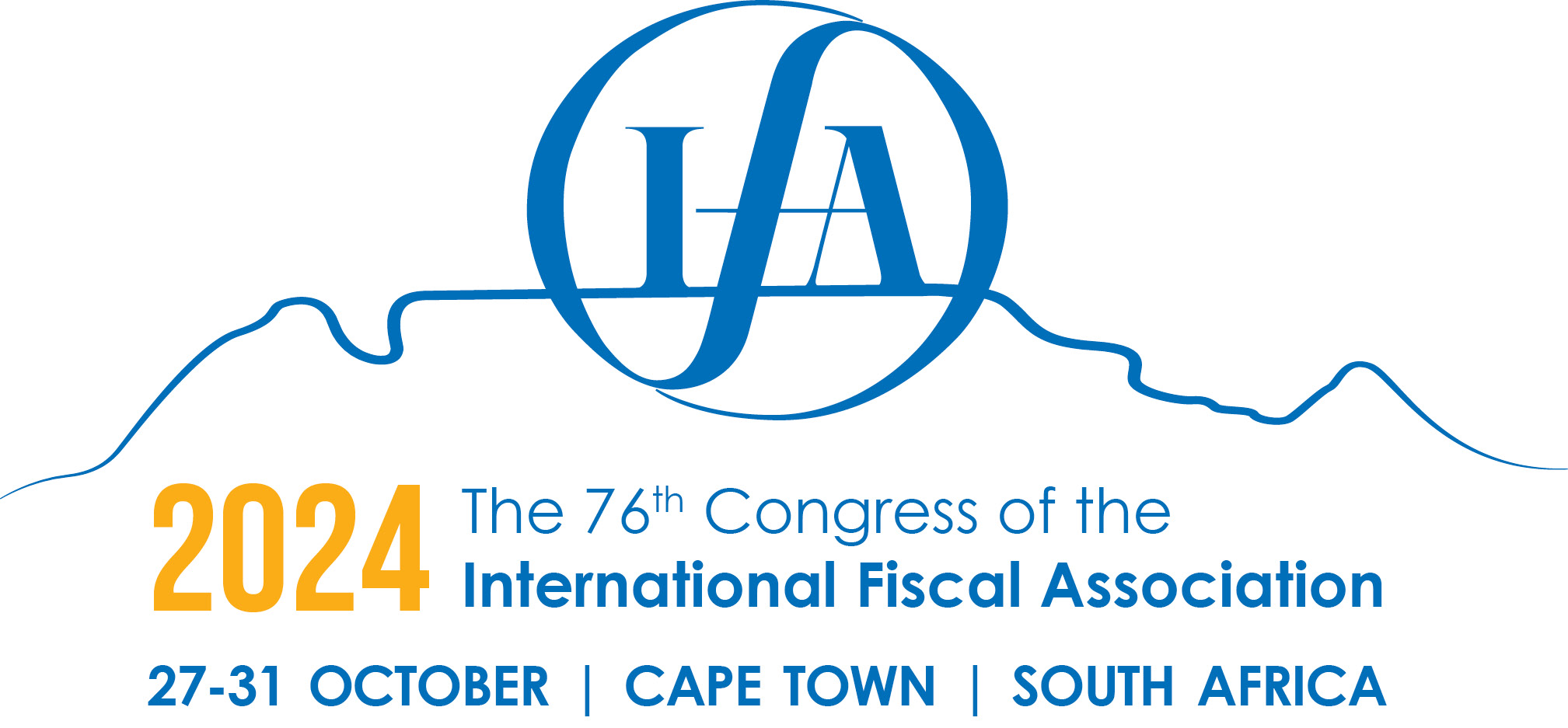Taxation issues for the oil & gas industry and the energy transition
The seminar will focus on the income tax and indirect tax aspects pertaining to the oil and gas industry rather than on hard rock minerals.
In addition, there are important aspects of sustainable energy transition that affect the fiscal frameworks for both sectors (e.g. the transition to a carbon-neutral economy), which could be dealt with in future. Significant new discoveries of natural gas and oil have been made in several African countries in the past decade, with more being reported regularly. Compared to hard rock minerals, it is certainly the more dynamic sector viewed from an African regional perspective.
The panel could review the significant attention regulators have given to fiscal reform or the design of regimes for this sector, especially over the past decade. These reforms, in varying degrees, take account of industry features, the decommissioning/dismantling of wells/mines, the benefaction of local communities, state participation, the goals of transitioning to sustainable sources of energy, addressing tax leakages, local development goals of source countries, etc.
VAT should also be addressed as part of this topic, while scope also exists to deal with transfer pricing aspects of natural resource pricing. The UN Tax Committee has a dedicated sub-committee working on transfer pricing aspects for the extractives industry.
Like the BIT seminar, this seminar may be more of an educational experience for the broad range of attendees at IFA Congresses who have no or very little experience in dealing with this specialised sector.
Representatives from the UN sub-committees on transfer pricing and on extractive industries taxation issues as well as industry organisations such as the IGF, which do a lot of international tax work in this field, will be represented on the panel.
Panel Chair: Stig Sollund (Norway)

